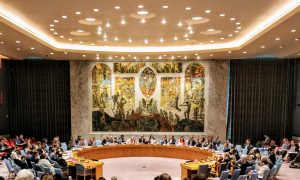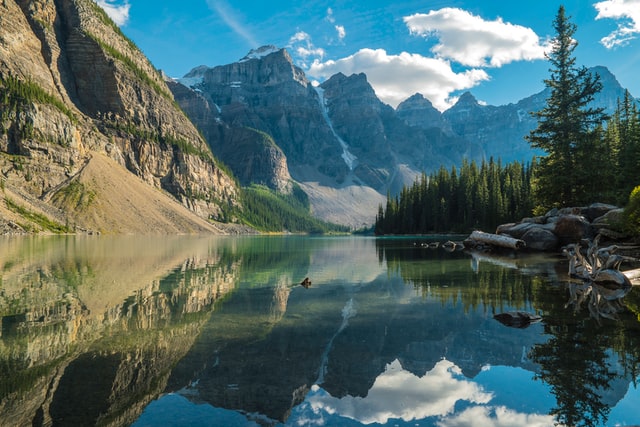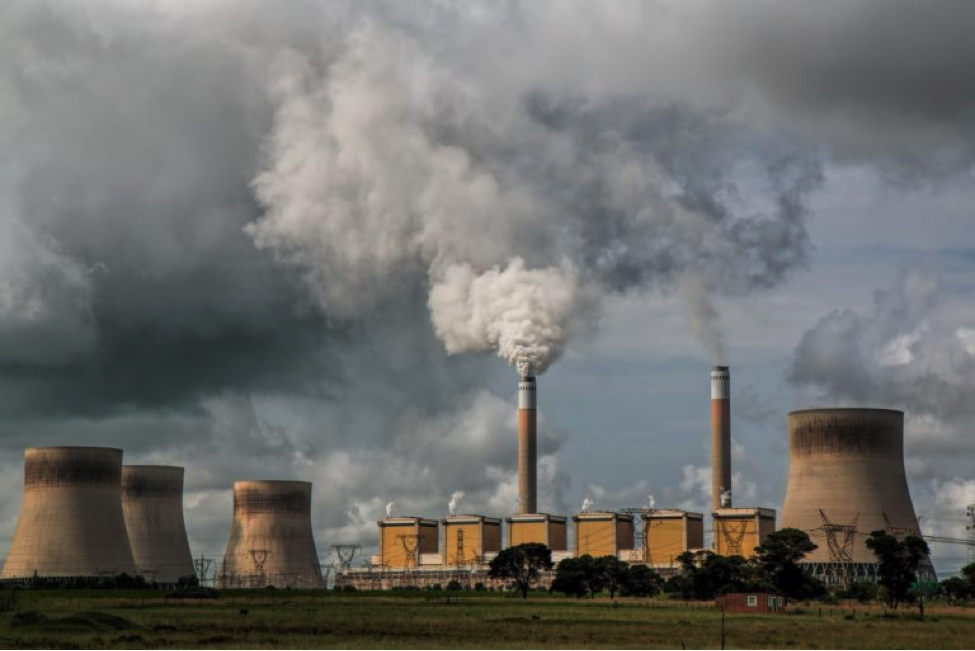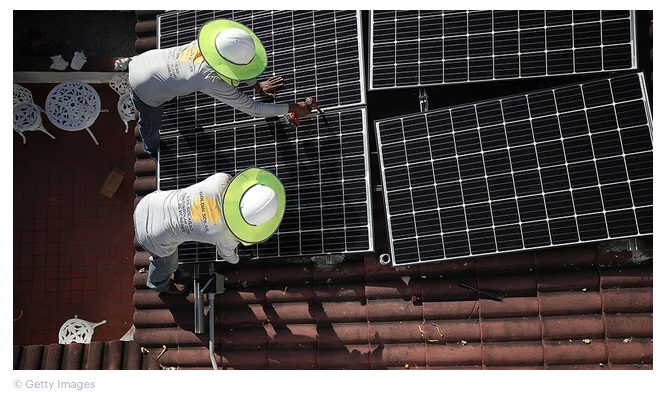By Jose F. Pinto-Bazurco*
Last month the United Nations Security Council (UNSC) met to discuss the implications that climate change has on peace and security, marking the third time the Council convened to formally discuss this issue. (Similar discussions took place in 2007 and 2011.) I was fortunate to attend last month’s session.
As a general matter, members of the Security Council agree that climate change presents significant threats to global peace and security – in particular relating to impacts associated with sea-level rise, drought, food and water security. The July meeting featured several invited speakers who highlighted the security threats climate change poses to people in the developing world, in particular in the Lake Chad Basin, West Africa, the Sahel and the Horn of Africa. (Interestingly enough, the U.S. representative, consistent with the Trump administration’s current policy stance, mentioned the consequences of climate change but did not recognize the concept of climate change itself.) However, though they agree on the threat the nations can’t seem to agree whether the topic of climate change lies within the competencies of the Security Council.
Since the Security Council started considering this issue member nations have formed two constellations: a group of countries that support Security Council action on climate change, consisting of developed countries such as Sweden, France and the UK, and some small island developing states, and another group opposed to it, consisting largely of developing countries such as Bolivia and Trinidad and Tobago, along with a strong opposition from Russia. By way of illustration: During the July 2018 meeting, Hindou Ibrahim, a representative from the International Indigenous Peoples Forum on Climate Change, noted that climate change could push certain people into poverty and make them vulnerable to being recruited by terrorist organizations. In contrast, most G77 countries argued that the Council is not the proper forum to discuss climate change, because there is already a structure within the UN to deal with this issue, namely the United Nations Framework Convention on Climate Change. This latter view is understandable, considering the delicate balance provided by the principle of common but differentiated responsibilities that encompasses the current multilateral structure on climate change.
The Sabin Center has contributed to the discussions on this issue. In 2015, Michael Gerrard, Andrew Sabin Professor and Director of the Sabin Center, was invited to make a statement during a Security Council informal meeting, where he presented a series of legal options for this body to take action on climate change. The Sabin Center later published an article on the possible roles for the UNSC in addressing climate change, highlighting the role the Council could have in enforcing climate action. Other scholars have also reviewed the possible role of the Council in addressing climate change in the past. (See, for example, here and here.) Nonetheless, it is not surprising that there were no concrete proposals during last month’s meeting. Only Sweden, acting as this month’s president of the UNSC, announced the launch of a Stockholm-based climate security knowledge hub, which, according to the Minister for Foreign Affairs Margot Wallström, will increase collective understanding of these issues and will be available to the UN and other actors by providing evidence-based analysis.
Ultimately, the Security Council is a legally imperfect organism, and not all members exercise the same rights. While there could be several ways climate action could benefit from the involvement of the Council, there are still many political issues that have to be cleared in order for this to happen, and it is entirely unclear whether it ever will.
*Jose Felix Pinto-Bazurco joined the Sabin Center for Climate Change Law in January 2018 as a David Sive Visiting Scholar. His research focuses on the legal impacts of implementing the Paris Agreement in Latin American countries. He specializes in international environmental law and has experience in public administration, the private sector, and research. He has followed the international climate change process as a delegate, a researcher, and a member of the UNFCCC Secretariat.





